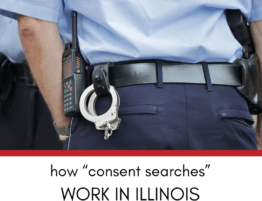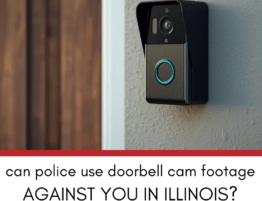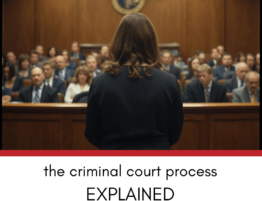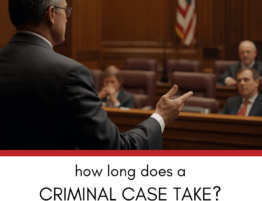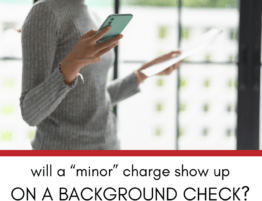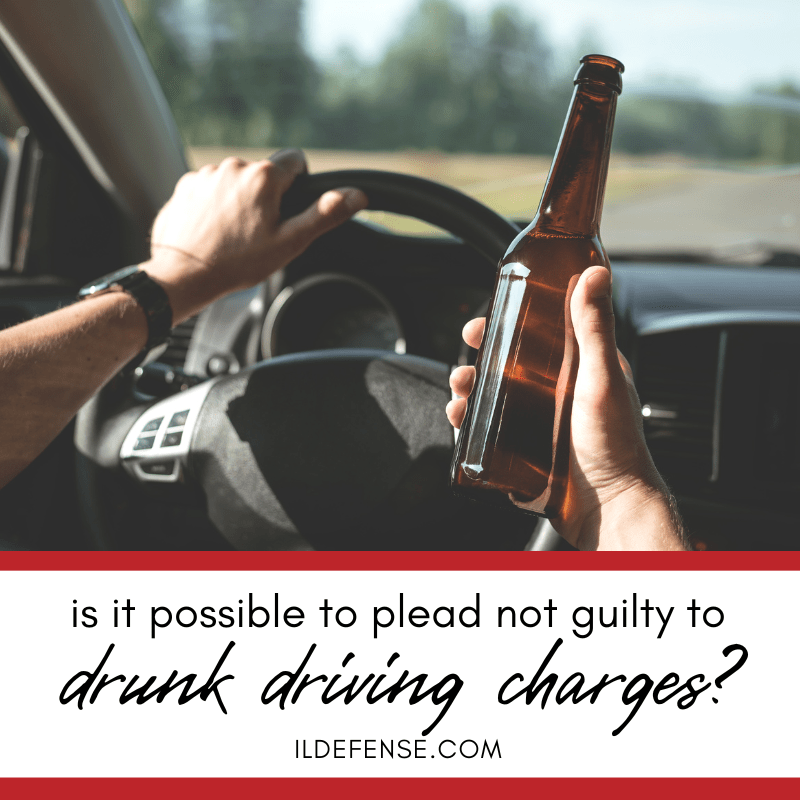
Facing a DUI charge can be stressful and confusing. Understanding your options, including pleading not guilty, is crucial for navigating the legal process effectively.
Is it Possible to Plead Not Guilty to DUI?
When charged with a DUI, you have several plea options. This guide explains the following:
- Pleading not guilty
- Pleading no contest or nolo contendere
- Pleading guilty
- Accepting a plea bargain
- Frequently asked questions
Here’s a closer look at each.
Pleading Not Guilty
Pleading not guilty means you deny the charges against you and require the prosecution to prove your guilt beyond a reasonable doubt in court. This plea sets the stage for a trial where both sides present evidence and arguments. By pleading not guilty, you maintain your innocence and challenge the evidence presented by the prosecution. Your lawyer will work to identify weaknesses in the prosecution’s case, such as questioning the accuracy of breathalyzer tests or the legality of the traffic stop. This plea allows you to fully contest the charges and seek an acquittal.
Related: Information for defendants in Chicago
Pleading No Contest or Nolo Contendere
Pleading no contest, or nolo contendere, means you do not admit guilt but also do not dispute the charges against you. This plea results in a conviction and the same penalties as a guilty plea but cannot be used against you in a related civil lawsuit. For example, if you are charged with a misdemeanor DUI, a no contest plea helps avoid an admission of guilt that might be used in a civil case, such as a lawsuit for damages from an accident.
Pleading Guilty
Pleading guilty means you admit to committing the crime and accept the associated penalties. This plea typically results in a quicker resolution of your case and can sometimes lead to a more lenient sentence, especially if you demonstrate remorse and cooperation. When you plead guilty to a DUI, the court will schedule a sentencing hearing where the judge will determine the appropriate penalties based on the crime, your criminal history, and other relevant factors. It’s essential to understand that a guilty plea results in a conviction on your criminal record, which can have long-term consequences.
Related: A jury’s role in criminal trials in Illinois
Accepting a Plea Bargain
A plea bargain is an agreement between you and the prosecutor where you agree to plead guilty to a lesser charge or receive a lighter sentence in exchange for avoiding a trial. Plea bargains can be beneficial by reducing the severity of the charges or the length of the sentence. However, plea bargains are not available in every situation. The availability of a plea bargain depends on factors such as the nature of the crime, the strength of the prosecution’s case, and the discretion of the prosecutor. Plea bargains are often used to manage the caseload of the courts and ensure a certain conviction. They can be particularly useful in cases where the evidence against you is strong, and a trial might result in a harsher sentence. Your lawyer will negotiate with the prosecutor to reach the best possible agreement and will advise you on whether accepting a plea bargain is in your best interest.
FAQ About Pleading Not Guilty to DUI
Check out these commonly asked questions about pleading not guilty to DUI. If you don’t see your question here, please call our office and we’ll find you the answers you need.
Can I Plead Not Guilty to Any DUI Charge?
Yes, you can plead not guilty to any DUI charge, whether it’s a felony or misdemeanor. This plea asserts your right to a fair trial where the prosecution must prove your guilt beyond a reasonable doubt.
How Does Pleading Not Guilty Affect My Case?
Pleading not guilty sets the stage for a trial, allowing you to contest the charges and present a defense. It also gives your lawyer the opportunity to negotiate plea bargains or challenge the evidence against you.
What Should I Expect at My Trial?
At your trial, both the prosecution and defense will present evidence and arguments. The prosecution must prove your guilt beyond a reasonable doubt. Your lawyer will challenge the prosecution’s evidence and present your defense.
Can I Change My Plea Later?
In some cases, you may be able to change your plea from not guilty to guilty or no contest, but this depends on the specifics of your case and court rules. Consult your lawyer to explore your options.
Related: What should you tell your lawyer if you’re accused of sexual assault?
What Are the Penalties If I’m Found Guilty?
If you’re found guilty, the penalties can include fines, imprisonment, probation, community service, and mandatory participation in rehabilitation programs. The severity of the penalties depends on the specifics of your case and your criminal history.
Do You Need to Talk to an Attorney?
If you’ve been accused of a crime, we may be able to help you – and don’t worry: It’s completely confidential. Call us at 847-920-4540 or fill out the form below to schedule your free, private consultation with an experienced and skilled Chicago criminal defense attorney now.
Contact Us
"*" indicates required fields


